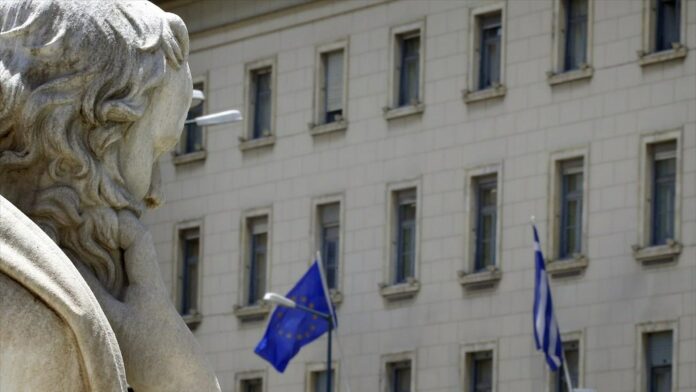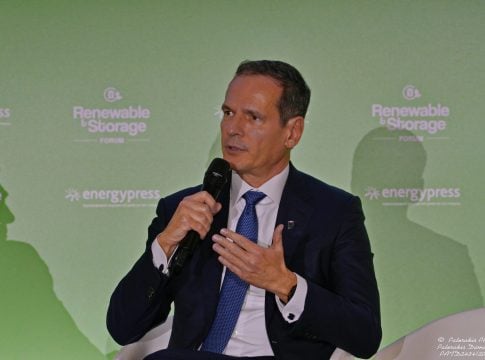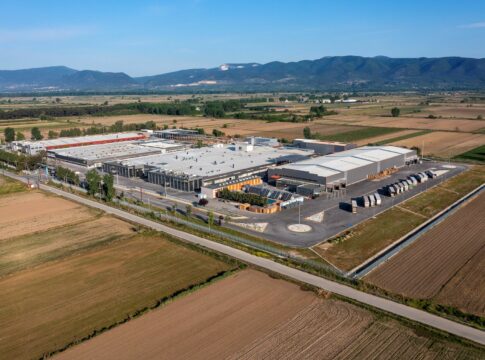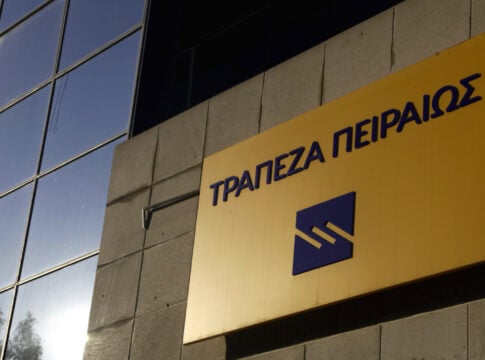Increasingly large amounts are accumulating in bank deposits, despite zero and lower-than-inflation returns, while at the same time the balance of loans granted by banks is declining, despite the barrage of subsidies, but also the continued de-escalation of European interest rates.
The last 5 years were full of developments – the aftermath of the economic crisis, the pandemic, the energy crisis, war fronts in Europe and the Middle East, the inflationary crisis and the subsequent explosion of interest rates – have brought an increase in deposits by 52 billion euros for businesses and households, but also a decrease in the balance of loans by 22 billion euros in the same period.
The banking policy dictates that the increase in deposits creates the necessary “reserve” to stimulate lending. This, however, is not reflected in the official statistics of the Bank of Greece – a fact that is attributed to the “peculiarities” of the specific period due to domestic and international factors.
The restoration of confidence in the banking system, the… mandatory savings during the pandemic period, due to closed businesses, the money that poured into the market to mitigate the effects of the lockdown, but also the familiarity of citizens with electronic payments – something that leaves more money in bank accounts – are the main reasons attributed to the continued increase in the balance of deposits, not only by businesses, but also by households.














